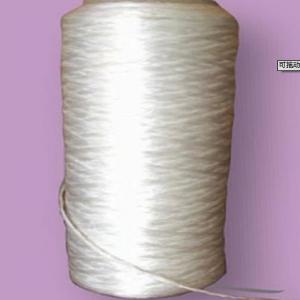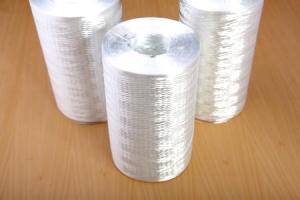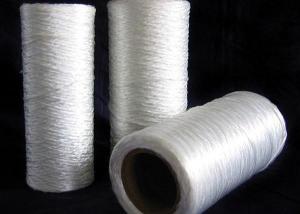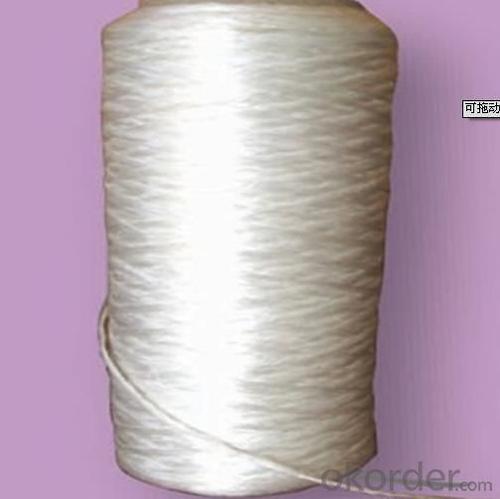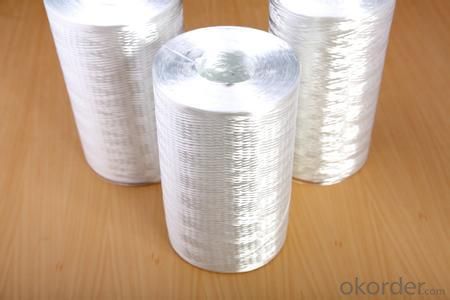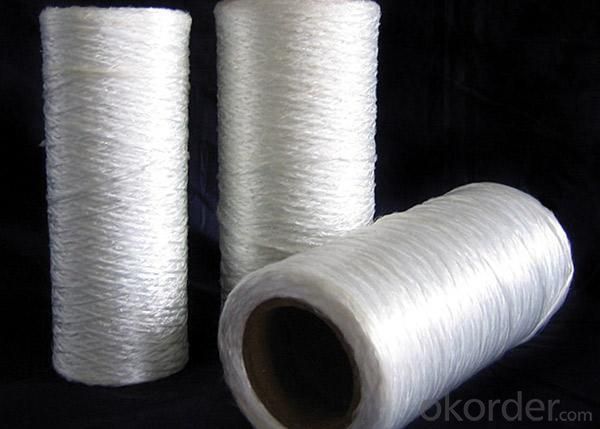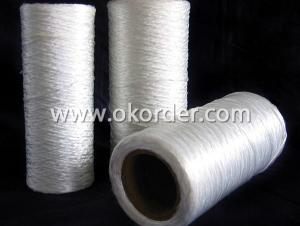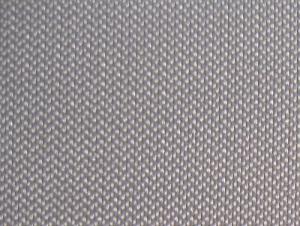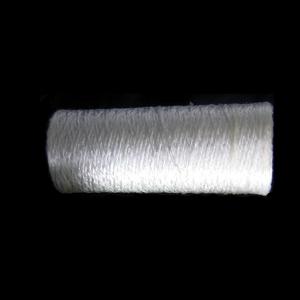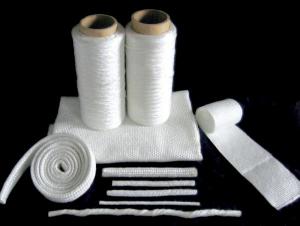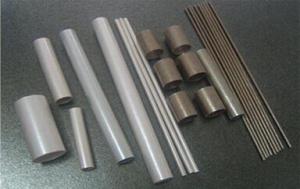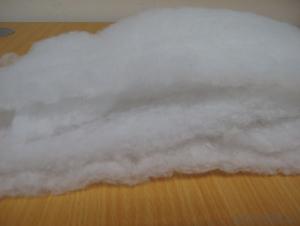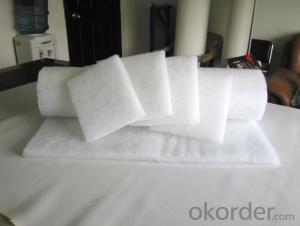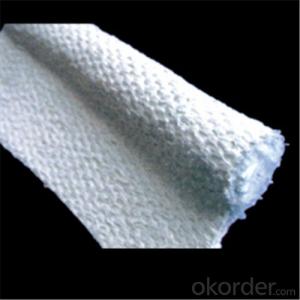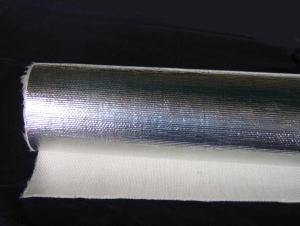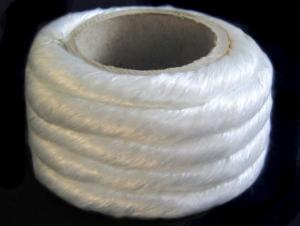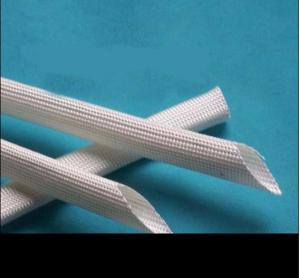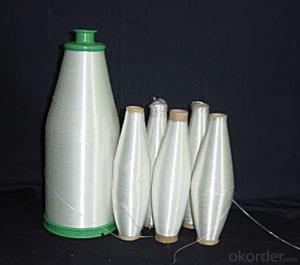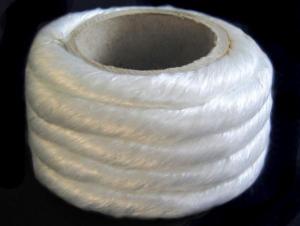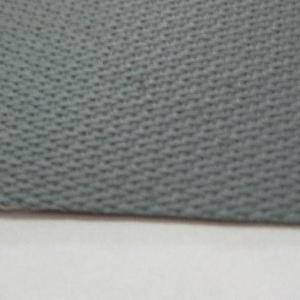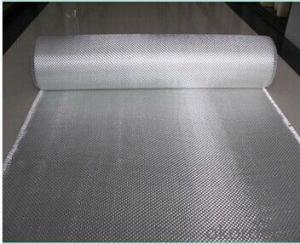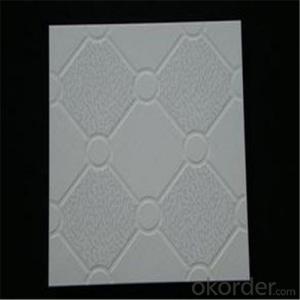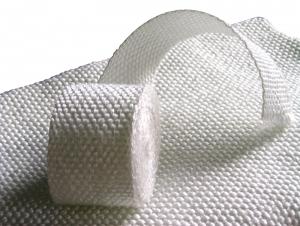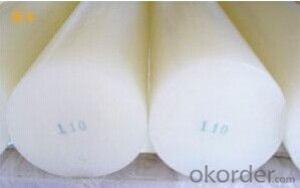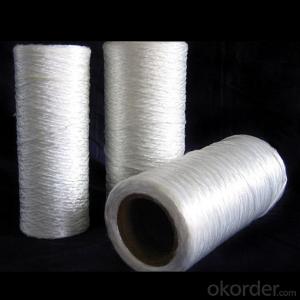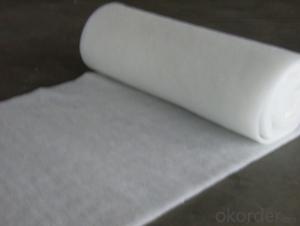Glass Fiber Textiles Textured Fiberglass Yarn
- Loading Port:
- China Main Port
- Payment Terms:
- TT or L/C
- Min Order Qty:
- 10 Tons kg
- Supply Capability:
- 2*20FCL Per Month kg/month
OKorder Service Pledge
OKorder Financial Service
You Might Also Like
General Information of Textured Fiberglass Yarn
CMAX textured fiberglass textiles are made from textured E-glass fiber yarn which features bulky and resilient with high thermal insulation property. Diversified forms are available such as yarn, cloth, tape, rope, sleeving, etc.
Application of Textured Fiberglass Yarn
Textured fiberglass textiles are cost effective products used at high temperature up to 550º C. It exhibits properties of low thermal conductivity, electricity insulation and corrosive resistance.
Textured fiberglass textiles can be performed in process industries as fire curtains, gaskets or sealing in kiln, furnace or heaters etc. Application has been extended to the building industry as reinforcement material.
Chemical Analysis
SiO2: 54.1%
Al2O3: 14.6%
CaO: 16.6%
MgO: 4.6%
B2O3: 8.8%
Na2O+K2O: ≤ 0.8%
Fe2O3:<0.5%
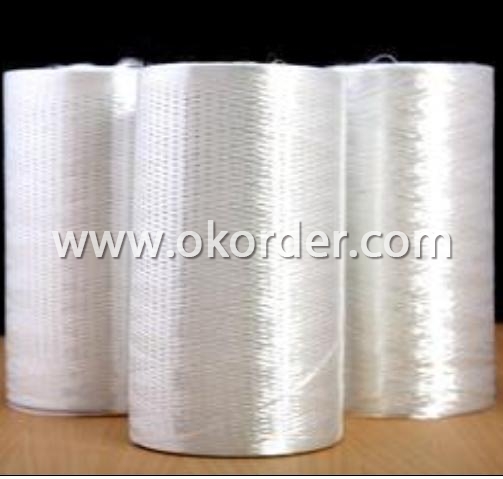
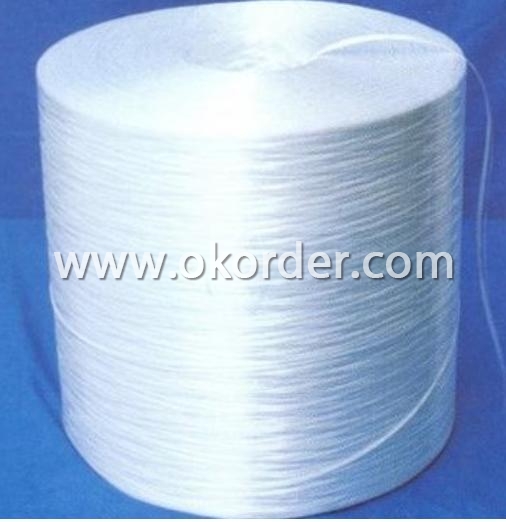
- Q: How are glass fiber textiles used in the construction industry?
- Glass fiber textiles are commonly used in the construction industry for a variety of applications. One of the primary uses of glass fiber textiles is in reinforcing materials, such as fiberglass reinforcements for concrete structures. These textiles are embedded into concrete to provide additional strength and durability, making the concrete more resistant to cracking and impact. Glass fiber textiles are also used as insulation materials in construction. They are often used as a layer of insulation in roofs, walls, and floors to enhance the thermal performance of buildings. The fibers in these textiles trap air, creating a layer of insulation that helps to maintain a comfortable indoor temperature and reduce energy consumption for heating and cooling. Additionally, glass fiber textiles find application in waterproofing systems. They can be used as a part of membrane systems for roofs, balconies, and other structures to provide a protective barrier against water infiltration. These textiles, when combined with waterproof coatings or membranes, help to prevent leaks and water damage, thus ensuring the longevity and integrity of the construction. Moreover, glass fiber textiles are used in the manufacturing of composite materials, such as fiberglass panels, sheets, and profiles. These composites are lightweight, yet strong and durable, making them suitable for a wide range of applications in the construction industry. They can be used for cladding, facades, decorative elements, and even structural components, offering versatility and design flexibility. In summary, glass fiber textiles play a vital role in the construction industry. They are used for reinforcing concrete, providing insulation, offering waterproofing solutions, and manufacturing composite materials. With their excellent properties, including strength, durability, and thermal insulation, glass fiber textiles contribute to the overall performance, safety, and sustainability of buildings and infrastructure.
- Q: Can glass fiber textiles be cut with scissors?
- Yes, glass fiber textiles can be cut with scissors. Glass fiber textiles, also known as fiberglass fabrics, are made from fine strands of glass fibers woven together. While they are strong and durable, they can still be cut with scissors or other sharp cutting tools. However, it is important to note that the type and quality of scissors used may affect the ease and precision of the cut. It is recommended to use sharp and sturdy scissors specifically designed for cutting fabrics or fiberglass materials for the best results.
- Q: Can glass fiber textiles be used for making bags or luggage?
- Yes, glass fiber textiles can be used for making bags or luggage. Glass fiber textiles, also known as fiberglass, have several properties that make them suitable for bag and luggage manufacturing. Firstly, glass fiber textiles are known for their high strength-to-weight ratio. This means that bags and luggage made from glass fiber textiles can be lightweight yet strong enough to withstand the rigors of travel and everyday use. Additionally, glass fiber textiles are highly resistant to tearing, puncturing, and abrasion, making them durable and long-lasting. Moreover, glass fiber textiles have excellent dimensional stability, meaning that bags and luggage made from this material will maintain their shape and structure over time. Lastly, glass fiber textiles can be molded into various shapes and designs, allowing for creative and stylish bag and luggage designs. Overall, glass fiber textiles are a viable option for making bags or luggage due to their strength, durability, and versatility.
- Q: Can glass fiber textiles be used in the manufacturing of electrical devices?
- Yes, glass fiber textiles can be used in the manufacturing of electrical devices. Glass fiber textiles, also known as fiberglass, possess excellent electrical insulating properties. They have a high dielectric strength, which means they can withstand high voltages without breaking down. This makes them ideal for applications where electrical insulation is required, such as in electrical devices. Glass fiber textiles can be used as insulation materials in cables, wires, and circuit boards to protect against electrical short circuits and to ensure the safe and efficient functioning of the devices. Additionally, glass fiber textiles are non-conductive and resistant to heat, chemicals, and flames, further enhancing their suitability for electrical device manufacturing.
- Q: How do glass fiber textiles affect product durability?
- Glass fiber textiles can greatly enhance product durability. These textiles are known for their strength and resistance to wear and tear. When used as a reinforcement material, they can significantly increase the strength and lifespan of products. Glass fiber textiles are strong and lightweight, making them ideal for applications where durability is crucial. They have a high tensile strength, which means they can withstand heavy loads and resist breaking or tearing. This makes them suitable for use in products that are subjected to high levels of stress, such as automotive parts, construction materials, and sports equipment. Additionally, glass fiber textiles are highly resistant to chemicals, moisture, and UV radiation. This resistance helps protect products from environmental factors that can degrade their durability over time. For example, when used in boat hulls or outdoor furniture, glass fiber textiles can prevent water absorption and protect against the damaging effects of sunlight exposure. Furthermore, glass fiber textiles have excellent dimensional stability. This means they maintain their shape and structural integrity even under extreme conditions, such as temperature fluctuations or mechanical stress. As a result, products reinforced with glass fiber textiles are less likely to warp, deform, or lose their performance over time. In summary, glass fiber textiles positively impact product durability by providing strength, resistance to wear and tear, chemical resistance, and dimensional stability. These qualities make them an ideal choice for enhancing the lifespan and performance of various products in different industries.
- Q: Can glass fiber textile be used in tennis rackets?
- Yes, glass fiber textile can be used in tennis rackets. Glass fiber is a lightweight and strong material, making it suitable for providing stiffness and stability to the frame of a tennis racket. It enhances the overall performance and durability of the racket, allowing players to generate power and control shots effectively.
- Q: Are glass fiber textiles resistant to moisture condensation?
- Glass fiber textiles possess resistance against moisture condensation. They exhibit a low rate of moisture absorption, making it unlikely for them to retain moisture when exposed to humid conditions. This resistance stems from the non-porous quality of glass fibers, which prevents the absorption of water molecules into the material. Moreover, glass fibers lack capillary action, meaning moisture cannot pass through the fibers, further diminishing the chances of condensation. Hence, glass fiber textiles are an exceptional option for situations where moisture condensation is a worry, such as insulation, outdoor fabrics, and environments prone to moisture.
- Q: Can glass fiber textiles be used for architectural applications?
- Indeed, glass fiber textiles have the capability to be utilized in architectural applications. These textiles, commonly referred to as fiberglass textiles, possess a wide range of advantages for architectural projects. To begin with, the lightweight nature of glass fiber textiles makes them suitable for applications where weight is a concern. This allows architects to incorporate them into various architectural elements, such as roofs, facades, and interior partitions, without burdening the structure with excessive load. Moreover, glass fiber textiles exhibit remarkable durability and resistance to environmental factors. They demonstrate high resistance to moisture, chemicals, and UV radiation, rendering them ideal for outdoor applications. Additionally, glass fiber textiles possess favorable fire resistance properties, which play a pivotal role in ensuring the safety of architectural structures. Furthermore, glass fiber textiles offer a great deal of design flexibility. They can be effortlessly molded into different shapes and forms, enabling architects to create distinctive and innovative architectural features. Furthermore, glass fiber textiles can be manufactured with diverse surface finishes and colors, providing architects with a vast range of aesthetic options. Furthermore, glass fiber textiles are renowned for their superb thermal and acoustic insulation properties. This makes them suitable for applications that prioritize energy efficiency and soundproofing, such as sustainable building construction or areas sensitive to noise. In conclusion, the utilization of glass fiber textiles in architectural applications is indeed possible. Their lightweight nature, durability, design flexibility, thermal and acoustic insulation properties, and resistance to environmental factors make them an invaluable material choice for architects across a variety of architectural projects.
- Q: Can glass fiber textiles be used for reinforcement in wind turbine blades?
- Yes, glass fiber textiles can be used for reinforcement in wind turbine blades. Glass fibers are strong, lightweight, and have excellent tensile strength, making them suitable for reinforcing the composite materials used in wind turbine blades. These fibers enhance the structural integrity and durability of the blades, allowing them to withstand the stress and strain experienced during operation.
- Q: What are the different colors available for glass fiber textile?
- Glass fiber textiles are available in a wide range of colors to suit various applications and design preferences. The most common colors for glass fiber textiles include white, black, gray, and beige. These neutral colors are often used in applications where the focus is on the functionality and durability of the textile rather than the aesthetics. However, glass fiber textiles can also be dyed to achieve a myriad of vibrant colors. This is particularly useful in applications where visual appeal is important, such as in the production of clothing, home textiles, and decorative elements. The dyeing process allows for customization and creativity, enabling manufacturers and designers to achieve the desired color palette to match their specific needs. Moreover, glass fiber textiles can also be treated with special coatings or finishes to enhance their color and appearance. This can include metallic finishes, iridescent effects, or even patterns and prints, expanding the possibilities for color options even further. Overall, the color options for glass fiber textiles are extensive and varied, offering a versatile range of choices for different applications, from neutral tones to vibrant hues, and everything in between.
Send your message to us
Glass Fiber Textiles Textured Fiberglass Yarn
- Loading Port:
- China Main Port
- Payment Terms:
- TT or L/C
- Min Order Qty:
- 10 Tons kg
- Supply Capability:
- 2*20FCL Per Month kg/month
OKorder Service Pledge
OKorder Financial Service
Similar products
Hot products
Hot Searches
Related keywords
